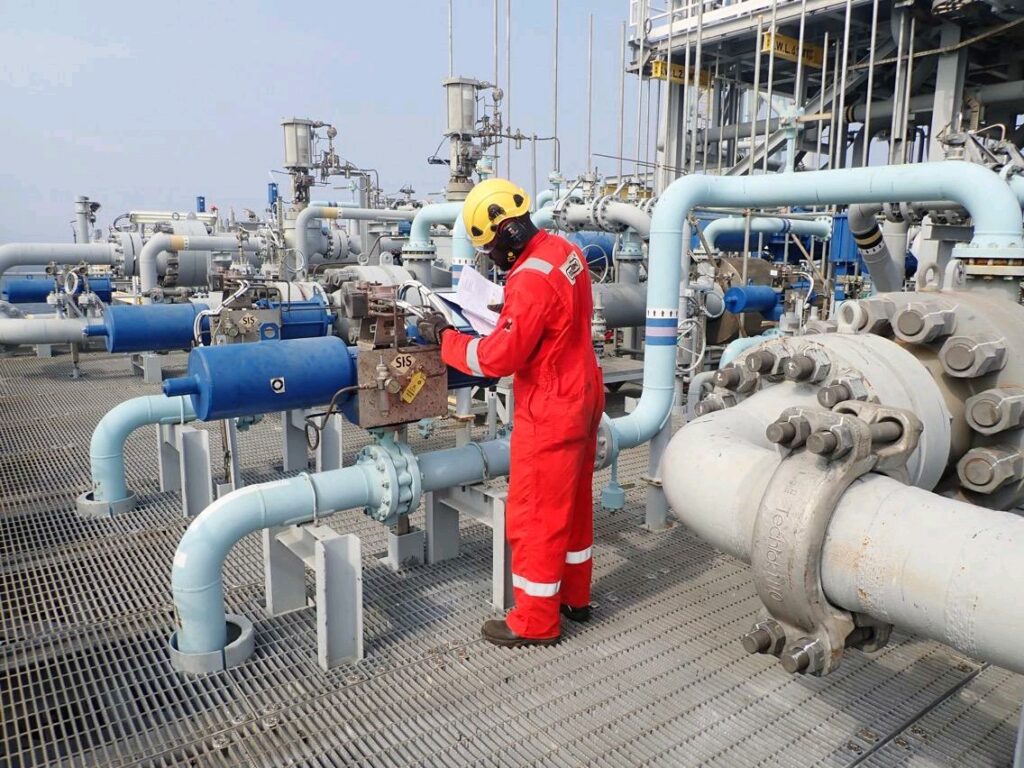Restrictions of visa issuance are de facto preventing a lot of projects to move forward and to successfully contribute to the recovery of the continent

The continuation of travel restrictions and suspension of visas and travel between Africa and Europe is heavily restraining the oil & gas industry’s recovery efforts. Because of its international nature, the oil & gas sector relies on global value-chains and successful cooperation and movement of people, goods and services between foreign and local contractors. The ongoing travel bans and restrictions of visa issuance are de facto preventing a lot of projects to move forward and to successfully contribute to the recovery of the continent.
Major international oil companies such as Total, BP, Shell, Eni, ExxonMobil, Chevron or Equinor and independents such as Kosmos Energy, BW Energy, Maurel & Prom or Tullow Oil that operate a major share of Africa’s daily oil and gas production are currently unable to operate fully and safely because of such travel restrictions. Similarly, they directly impact the operations of the major international services and EPC companies supposed to work on major projects, such as Saipem, TechnipFMC, Schlumberger or Halliburton.
“We cannot base our recovery narrative and hopes on the oil & gas sector and at the same time forbid the movement and travel of the workers and employees supposed to make that recovery happen,” declared Nj Ayuk, Executive Chairman at the African Energy Chamber. “We are urgently calling for pragmatism and the adoption of realistic measures that put workers’ safety and economic recovery at the center of public and travel policies priorities,” he added.
From West to Southern Africa, landmark energy projects worth billions of dollars have been delayed because of the ongoing pandemic of Covid-19 and its subsequent lockdowns and travel restrictions. However, and as economies gradually reopen, a new wave of travel restrictions, especially on the issuance of visas between Europe and Africa, is adding up to the list of challenges the industry faces to play its key role in the continent’s economic recovery. Such restrictions are threatening the efficient operations of global value-chains whose functioning is critical to enable Africa’s energy projects to move forward.
SOURCE
African Energy Chamber
